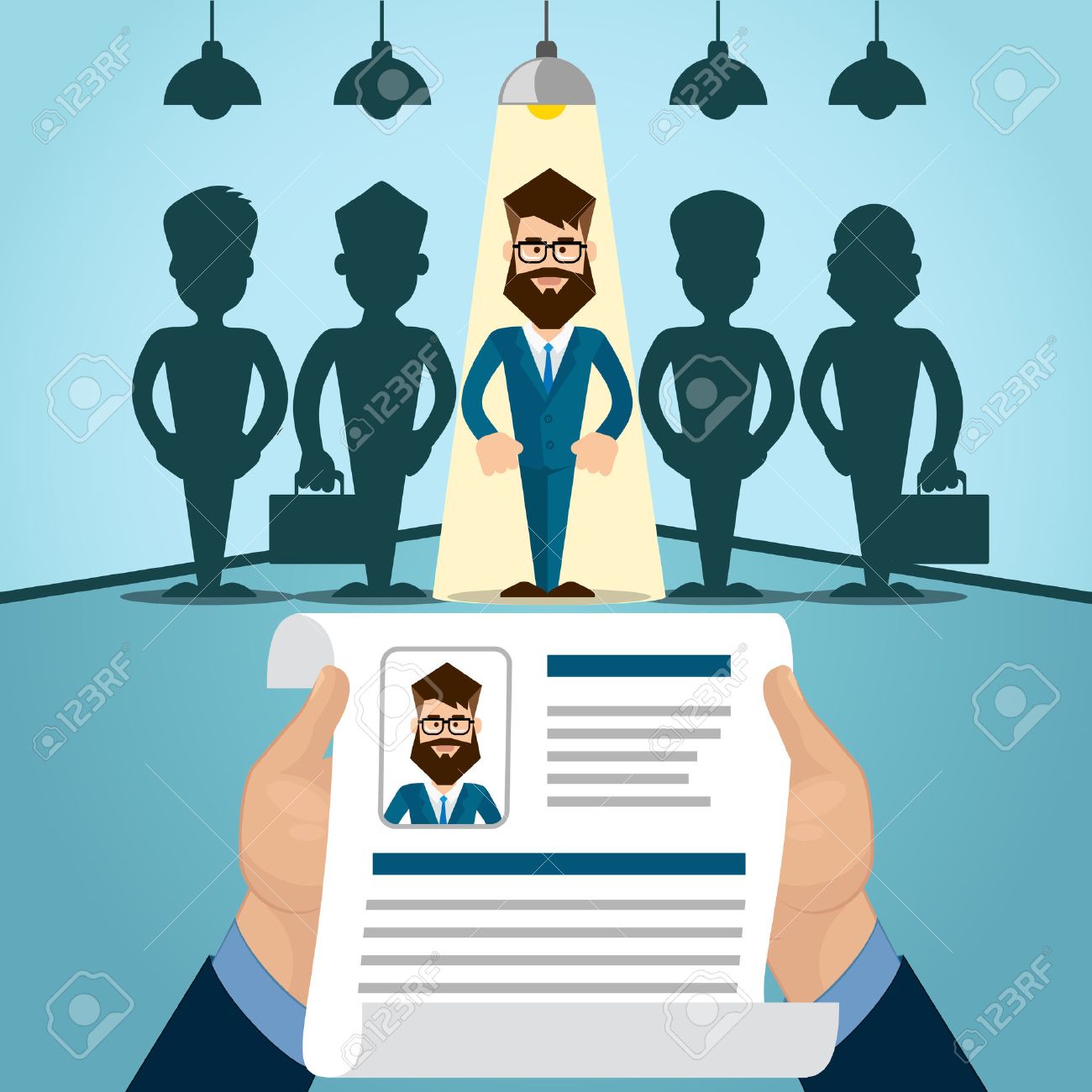What a really good resume should contain
When you are looking for a job, it is important that in your CV there are the basic categories and the necessary information that a recruiter needs to be convinced to call you for an interview. It is necessary that it is easy to navigate and understand. See below what a CV should contain, as standard.
Your profile picture
It helps that your resume contains a photo of you. It is recommended to be a recent portrait photo with an attitude that reflects relaxation and confidence, to have a simple background, without too many details of décor, and as clothing choose a classic-casual outfit that denotes professionalism. An image speaks a lot about you, so choose a photo that represents you as best as possible.
Personal data
The first part of your CV should contain your name and contact details. It’s important to pass your phone number, email address, as well as the city where you live.
Optionally, you can add links to other personal profiles (e.g. LinkedIn) or to your personal website or professional portfolio, if it is updated and reflects your experience as well as possible.
“About me”, introductory section of the CV
The section “About Me” is a short introductory part of your CV, in which you emphasize who you are as a professional, you briefly present your most important skills and professional achievements. It should be a short answer for the recruiter or employer to the question “Why hire you?” or “Why are you a good fit for this job?” and it should not be longer than 2-3 sentences.
The About Me section should include some elements such as the following:
- Your professional title. It can be the role you occupy at your current job or that you have occupied at the most recent jobs, or a phrase that describes your professional experience. For example: “sales manager”, “commercial agent”, “graphic designer”, “marketing specialist”. If you do not yet have professional experience, you can more simply say “entry-level professional”, “student”, “graduate”.
- Relevant professional skills and achievements. In this section it would be recommended to highlight what are your skills relevant to the position you are applying to, as well as 1-2 examples of professional achievements that show how you acquired these skills.
- Your professional goals. You can mention what you want to achieve in your career, in the short, medium and long term. This can be connected with the job you are applying to or the industry / professional field in which you work or want to work.
Your professional experiences
This is the most important section of your resume. Mention the jobs you’ve occupied so far, in reverse chronological order, starting from the most recent one. For each job, mention the position, the company and the period during which you worked there. You can also include an introductory phrase for each job describing what your role involved at that company.
Subsequently, include in this section the sub-point description of the main responsibilities you have occupied and the results you had. If you can, where you have examples, include how your role has actually helped the growth of the company or department or project in which you were involved.
An example would be, if let’s say you’re applying for a Marketing Specialist job, include a phrase like: “Over a period of one year, we’ve grown Facebook page fans by X%, which has been reflected in the company’s increase in the number of customers.”
Education
In the section dedicated to your educational experience, mention your graduated studies, also in reverse chronological order. Mention them simply, in the form of Qualification – Educational Institution – Year.
If you are at the beginning of your career and if you have also completed certain short-term modules or if you have participated in certain trainings, professional qualifications, mention them as well. Show that you are interested in developing and investing in yourself.
Your main skills
After the professional experience section, dedicate a short part of your CV to mention the skills that best describe you, but also that are useful for the job you are applying for. To make this section relevant to recruiters and employers, mention in it both hard skills and soft skills
Try to include only 4-6 key skills that best describe you. Of course, if you have a technical profile or have more knowledge in your field of expertise, you can include them all. To be relevant, read the job ad carefully and include those skills that best suit the job you’re applying for, but of the ones you know you own, honestly.
Professional skills
Technical skills or competences (hard skills) are those technical knowledge that you have in order to successfully fulfill the job you are applying for. Here are some examples of professional skills:
- Project management
- Digital skills (Word, PowerPoint)
- Google Analytics
- SEO
- Javascript Programming
- Data analysis
- Redaction
- Digital Marketing
- Sales techniques
Personal skills or aptitudes
Soft skills are those characteristics that describe you in your interaction with others and that highlight how you are as a person, in a team. Some examples would be:
- Interpersonal communication
- Negotiation
- Critical thinking
- Troubleshooting
- Decision making
- Empathy
- Time management
- Teamwork
- Team coordination
Language
In addition to English, in job searches and employments, well-known foreign languages are also highly valued. To increase your professional level, you can always learn a new foreign language. When mentioning the level of foreign language you know, it’s important to ask yourself how well you are doing at the conversational level and in writing in that language.

